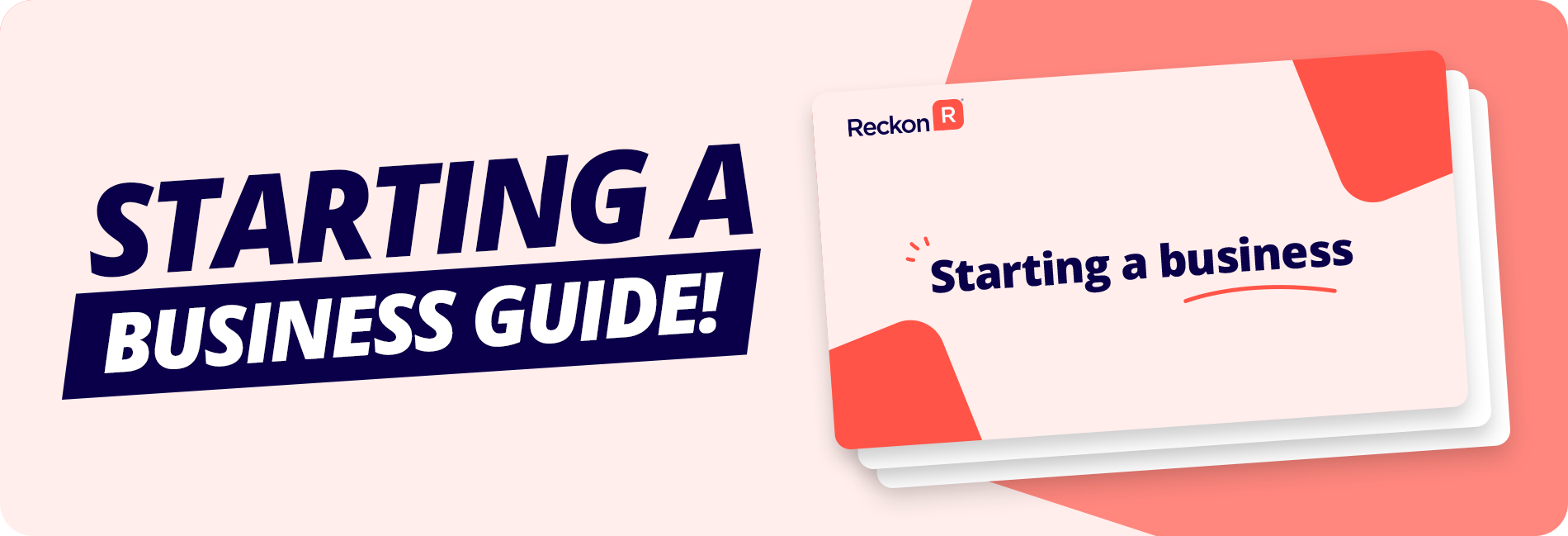TABLE OF CONTENTS
- Get deep into market research
- Create a retail store business plan
- Develop your brand
- Secure funding for your retail store
- Choose a storefront location
- Determine your niche market and select products
- Organise your business licenses
- Get your POS systems in order
- Prepare a soft opening, then hard launch
- Open your online store
Keen to start a new venture? Retail is certainly a popular choice for small business owners. In fact, according to the ABS, there are over 150,000 retail businesses in Australia! While that’s a lot of competition, there are still ways to break into new markets, especially if your customers shop online.
So if you’re thinking about opening your own retail store in Australia, here’s a handy checklist — and some tips for success.
Get deep into market research
Before buying or opening a retail business, it’s a good idea to research your target market. For retail businesses, this means asking yourself:
- Who are your competitors, and how successful are they?
- What types of people live and work in your chosen location? How good is the foot traffic?
- Is there consumer interest in your products? Any niche markets to corner?
- What problems could arise? Think about how you’ll handle new competitors or changing customer preferences.
- How easy is it to access your potential store? Look at parking and public transport.
- How reasonable is your price point?
- What are the success and failure rates of similar retail stores?
Successful retailers use market research to do some smart planning from day one. Essentially, you’re looking for what works and what doesn’t, especially if it gives your business model a competitive advantage with target customers.
Create a retail store business plan
If you’re going to start a retail business, you’ll need an effective business strategy – and that begins with a solid business plan. This plan should explore everything from your business structure to how you’ll cover cash flow and manage in-store operations. You can also use a business plan as a pitch document for potential grants or investors, or to build relationships with other businesses.
Your retail business plan should include:
- Executive summary and business overview.
- Business structure and legal structure.
- Staff and team hierarchy.
- Detailed depiction of your products and services.
- In-depth market analysis.
- Comprehensive competitor analysis.
- Marketing plan.
- Sales plan for new customers, including loyalty programs.
- Physical location of the retail space.
- Financial analysis.
- Future projections and goals, including new markets or new stores.
Mapping it all out means you’ll be prepared. That’s just good business!
Develop your brand
Your brand identity is how your retail business looks. It communicates not just what you do, but who you are, and informs every front-facing part of your business. If a customer sees it, it should tell them something. Think of your brand identity as your “vibe”.
A great brand identity encompasses:
- Your name and logo, and the cultural connotations and emotions they evoke. For example, “Reckon” is a friendly, Australian-sounding name with a sans serif logo resembling tech app icons — perfect for Aussie accounting software.
- Your store, including the decoration, signage, and how you physically lay it all out. If you have your own website, your brand identity will also guide the web design — same for social media.
The best brand identity is inviting and memorable. It captures interest and sticks with customers, even if they don’t shop from you right away. Once you nail down the “vibe” you want to give off, you can develop a basic set of brand guidelines: this dictates the colour scheme, logos, and fonts your business will use in all its marketing.
Secure funding for your retail store
Unfortunately, starting a retail store can require some significant investment. Without it, you can’t buy stock, hire staff, or set up your location. There are three main ways to get funding: personal funding, debt financing, and investment financing.
Personal funding uses your own money to cover costs until you turn a profit. Debt financing involves getting a business loan from a bank or financial institution. Investment financing relies on outside buyers to support your business, especially in the early stages, in exchange for a portion of your profit.
This step is where your business plan comes in handy, since to secure funding from investors or banks, you’ll need to show them that your business has a solid chance of making money.
Choose a storefront location
Your storefront location is crucial. Even if you’re just a pop-up or plan to sell your products online, you’ll need to have a physical location to do business.
If you have a traditional brick-and-mortar store, consider how accessible the location is and how interesting your store looks to passersby. Spend time exploring different neighbourhoods and get acquainted with the locals.
Weigh up how easy it will be for you to get to the store, too. Is it close to your home? How’s the daily commute? Is it a pleasant place for you to stand on your feet all day? If it is for you, chances are it will be for your customers.
Determine your niche market and select products
Developing a unique retail market can distinguish you from competitors and corner some cash. Most big retail chains probably have similar products to yours, so it’s vital to stand out.
To start, identify your target market and use actionable insights from the research you did earlier to ensure you offer something unique and attractive at a low cost. Not only does this give you a better chance of success, but it also builds customer loyalty, because where else can they buy, if not from you?
Organise your business licenses
Most small businesses will need a business license of some variety. The licenses you need will depend on your specific retail industry and day-to-day operations. Research your field to determine what kinds of operating licenses you’ll require, then go get them.
Get your POS systems in order
A POS system, or “point of sale” system, is how you collect money from customers. The key here is to make it as easy to pay you as possible. This can mean having an EFTPOS machine, tap terminals, cash drawers, receipt printers, and various other add-ons that make sense for your particular retail business.
Once you’ve decided on your payment system, integrate it with your chosen accounting software so you can record and keep track of transactions. This makes it easier to report your sales and revenue, including your GST and BAS, to the Australian Taxation Office. It also gives you a live view of your cash flow.
Prepare a soft opening, then hard launch
Test the waters with a soft opening for your retail business. Instead of inviting everyone, a soft opening (or soft launch) opens your store to a select few people to see how well your business operates and sells to customers. Are your inventory levels enough? How sound is your POS system? Do you have the right location?
If you have employees, a soft opening helps your staff get familiar with roles and systems, too. If you find any issues, fix them. Once your business is ready, you can go live and implement your marketing strategy with confidence.
Open your online store
If you want to broaden your sales opportunities, consider an online store. A physical store can sometimes be limited in scope, and selling online can insulate you from some market shocks, like a pandemic.
By offering an e-commerce alternative to in-person sales, you can reach new markets outside your local area and draw customers who prefer online shopping.
























